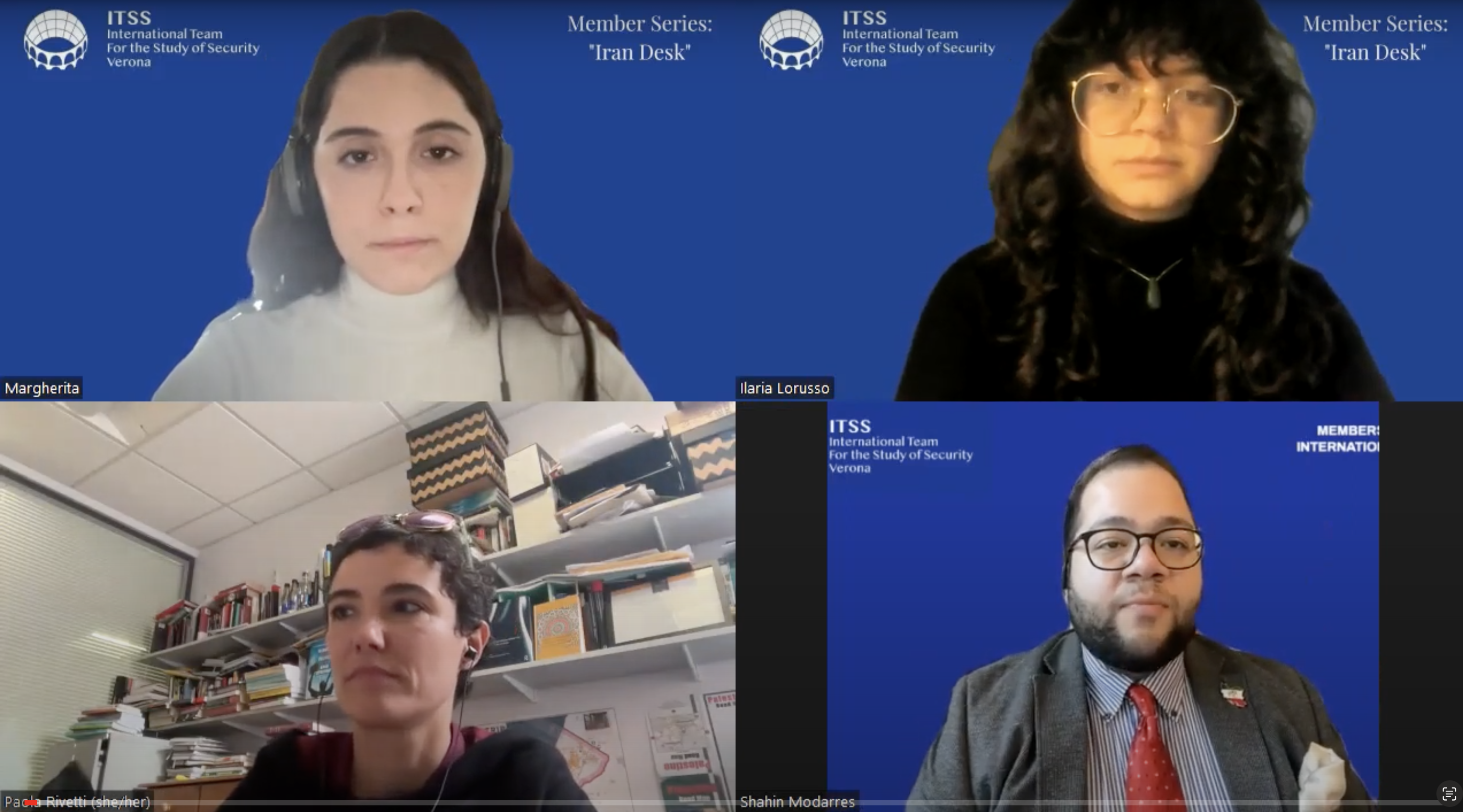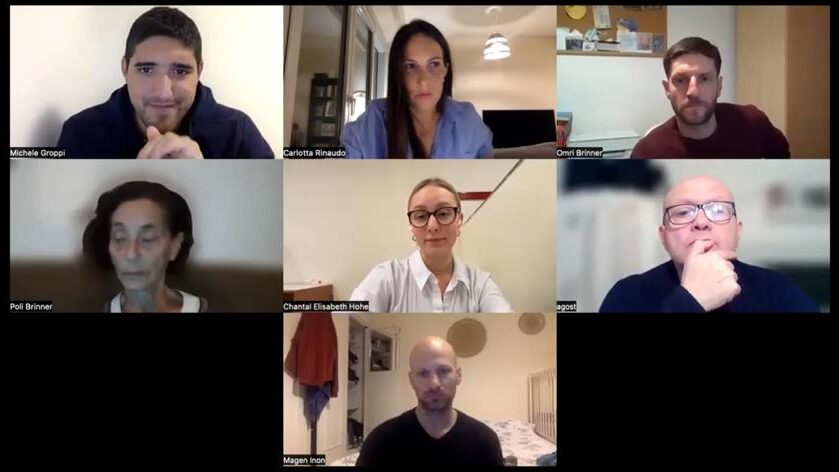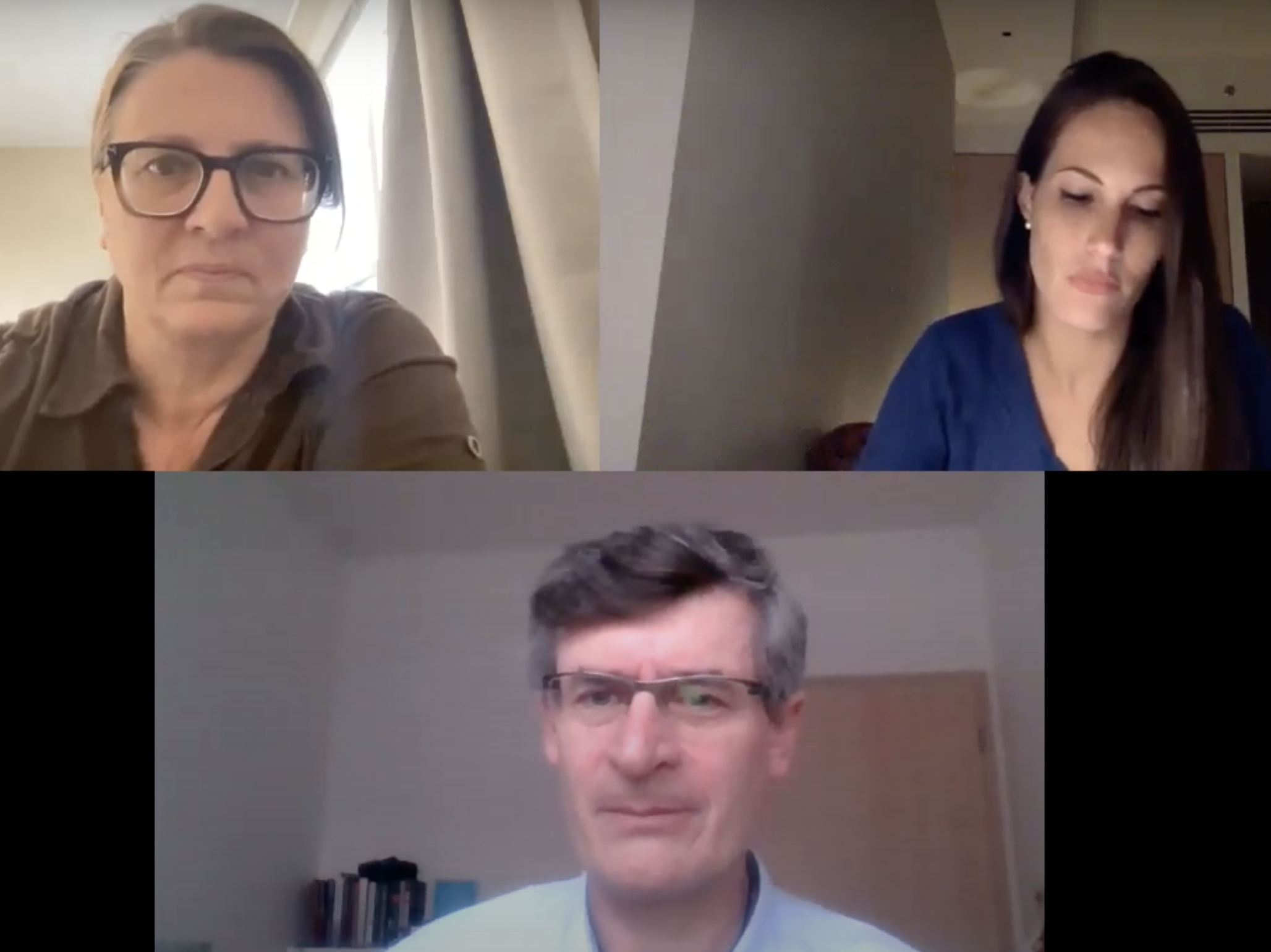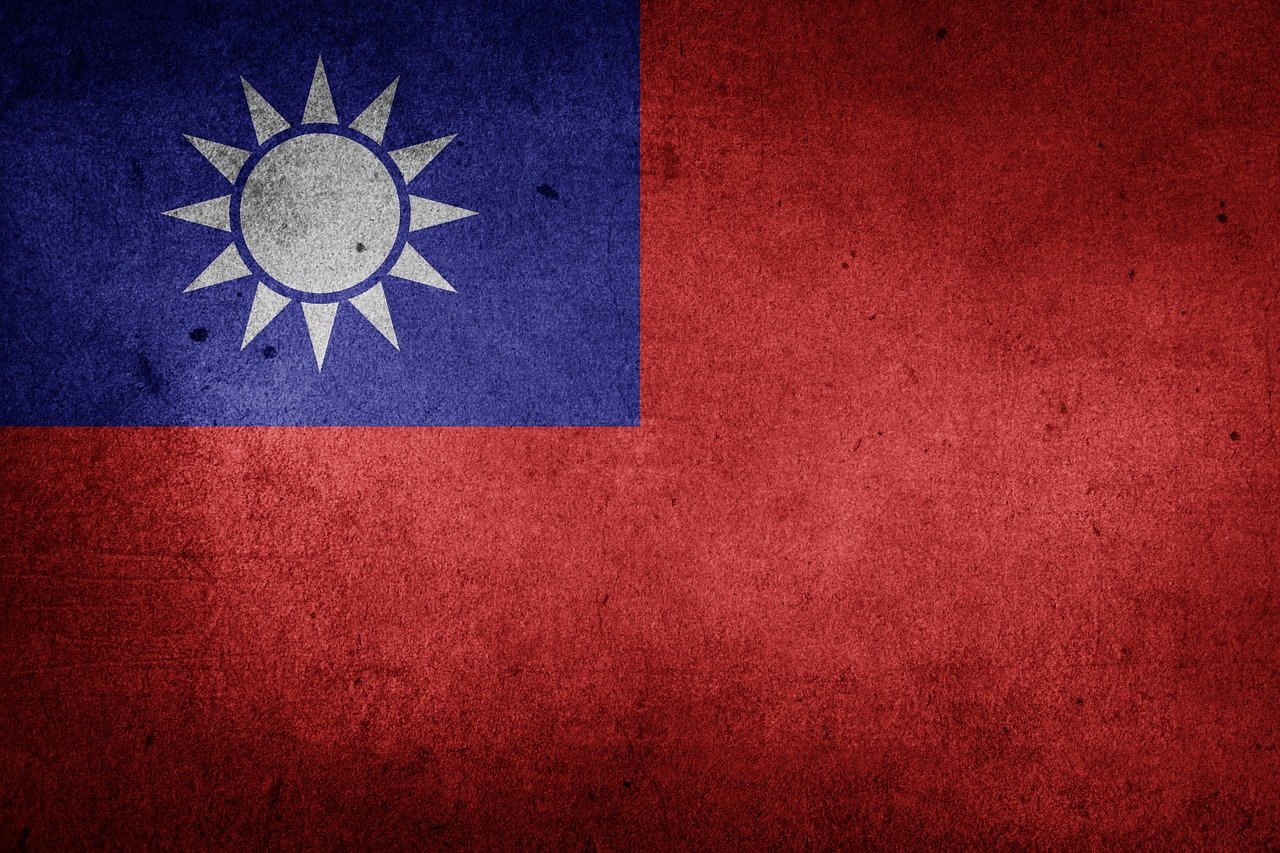U.S. Ukraine aid needs to be part of a larger strategic vision that aims for Russian defeat in Ukraine.
Author: Samuel Dempsey - USA Team
Four days after President Biden approved the $61 billion in military aid, on April 28, 2024, Ukraine received the first wave of anti-armor rockets, missiles, and 155-millimeter artillery shells. While Ukraine welcomed the needed U.S. aid, it came months late considering the on-the-ground requirements of the Armed Forces of Ukraine. As a result, much of this aid package is attempting to make up for lost time and reinforce the depleted defence supply chain.
In H.R.815 - Making emergency supplemental appropriations for the fiscal year ending September 30, 2024, and for other purposes, $23 billion of the aid supplement replenishes military stockpiles, enabling future U.S. military transfers to Ukraine; $14 billion is designated for the Ukraine Security Assistance Initiative, which allows the DoD to buy advanced new weapon systems for Ukraine directly from U.S. defence contractors; $11 billion will fund current U.S. military operations in the region, and about $8 billion goes to non-military assistance through a loan to the Ukrainian government to cover basic operating costs.
The supplement comes at a time when Russia is increasingly exerting pressure across the 600-mile front line. Ukrainian brigades are spread thin, with little time for recuperation or new training, and much of the aid, including separate packages from the U.K. and Germany, will take months to arrive to truly bolster Ukraine’s defences on the ground.
As Jack Waltling, an expert in land warfare at RUSI, discussed in Foreign Affairs, at present Russia has a “ten-to-one advantage over Ukraine in available artillery,” and with the new U.S. aid package, this is projected to shrink to “three to one in some regions.” This is a substantial improvement, but he argues that current Western support has only come in time to “stave off a Ukrainian collapse.” As Eugene Rumer at the Carnegie Endowment observed, the calculations vehemently demonstrate that even with support from the U.S. and allies, “the size of Russia’s population, economy, stocks of military hardware, and defense-industrial base far exceeds those of Ukraine.”
The new supplement's legislation acknowledges this reality and emphasizes the need to agree on a new multi-year support strategy "to hasten Ukrainian victory against Russia's invasion forces." This U.S. supplement is very likely the only piece of Ukraine aid that will be able to take effect before the next U.S. presidential election, and despite having aspirational goals for greater support, it has focused on buying more time. Given the possible change in U.S. administration and the confidence and firmness with which Russia is continuing this illegal invasion, even recently allegedly conducting an assassination attempt against President Zelenskyy, the question is: how does this supplement fit within a greater Ukraine strategy of the United States?
U.S. Stated Goals
The April 24 Ukraine supplement was the Biden administration's fifty-sixth allotment of DoD inventory equipment to Ukraine since August 2021. Post-Russian invasion, the Biden administration has stood behind Ukraine, with the official Department of State position being that the U.S. and allies are “united in support of Ukraine in response to Russia’s premeditated, unprovoked, and unjustified war against Ukraine.” The U.S. has demonstrated this by asserting that Kyiv will determine the war’s outcome. As Alexander Ward at Politico pointed out, this has resulted in a strategic misalignment, where the U.S. perceives its support as a means to either force Russia back or negotiate a settlement with Russia, while the Zelenskyy administration maintains that Ukraine will not relent until it reaches its pre-2014 borders, including Crimea. According to Ukrainian Foreign Minister Dmytro Kuleba, "only Russia's defeat and the restoration of Ukraine's territorial integrity will guarantee stability and peace," and "the Black Sea must become a sea of NATO, peace, and stability."
After the recent U.S. supplement passed, National Security Advisor Jake Sullivan stated that Ukraine throughout the rest of the year will have the capacity to “hold the line” and “to ensure Ukraine withstands the Russian assault,” with the chance to enable Ukraine in 2025 “to move forward to recapture the territory that the Russians have taken from them.” Concurrently, Avril D. Haines, the U.S. Director of National Intelligence, told Congress that, in addition to the anticipated Russian offensive this month, Russia has the means to break through the Eastern Ukrainian front lines. According to Director Haines’ statements, the current U.S. strategy may now come up short, and according to Sullivan’s statements, the U.S. strategy has postponed any possible Ukrainian counteroffensive to 2025. Even then, numerous analysts, including Olga Tokariuk at Chatham House, have stressed that any future Ukrainian military offensive or even the ability to maintain a stable frontline is contingent upon a “steady flow of Western military assistance,” including with approval from the White House.
If the U.S., regardless of administration, wants to back Ukraine’s goal of the Black Sea being "a sea of NATO peace and stability," a clear articulation of its own political goals is required to ensure a sound strategic vision.
A U.S. Strategy for Ukrainian Victory and Russian Defeat
“Russia can lose. And it should lose, for the sake of the world — and for its own sake,” wrote Timothy Snyder, a Levin Professor of History at Yale. Snyder, in his CNN opinion piece and while lecturing at the University Club of New York, articulated the four principal reasons for which a Russian defeat is necessary in Ukraine: (1) For an imperial power to restrain its imperial ambitions, defeat is necessary. Snyder argued that the European project itself is only the result of lost imperial wars around the world after WWII. (2) If Russia wins, it not only affirms its imperial ambitions but also demonstrates to the rest of the world that imperial conquest is an option. (3) Historically, the most effective Western policy towards Russia is an effective U.S. policy towards Ukraine, i.e., supporting their self-determination and strategic objectives that align with Western values and systems has positive indirect impacts on developments in Russia. (4) Russia's history is replete with defeats; the Crimean War in 1856, the Russo-Japanese War in 1905, World War I in 1917, the Soviet Union's defeat by Poland in 1920, by Nazi Germany in 1945, and Afghanistan's decade-long invasion in 1979 are just a few examples. Snyder argues that in each case, Russia lost without existential risk.
In addition, Snyder emphasizes that Russia’s greatest successes in its invasion of Ukraine (still minor in total scale) occurred in the last six months when the U.S. “was delaying Ukraine aid rather than supplying it.” As Jack Waltling also emphasized, a Ukrainian defeat would also signal to Russia that it has and can defeat the West through prolonged exhaustion.
To develop a cognizant and successful strategy towards Russia, the U.S. must first articulate the requirement of a Russian defeat in Ukraine.

Strategic Steps to Russian Defeat
As Rob Lee, a senior fellow in the Foreign Policy Research Institute’s Eurasia Program, wrote over X, Ukraine’s three primary hurdles are: ammunition, manpower, and fortifications. Lee, alongside colleagues Michael Kofman and Dara Massicot, propose a strategy “premised on three central elements: hold, build, and strike.” The strategy and commentary do an excellent job of articulating how the Ukrainian Armed Forces can, in the face of Russia’s growing manpower, distribute and train current brigades, absorb Russian offensives, and create challenges for Russia “far behind the front lines.”
Creating threats and challenges deeper behind the front lines is an immediate way in which the U.S. can support Ukraine’s ability to hold the front and fortify further. As Mark T. Kimmitt, the former U.S. Assistant Secretary of State for Political-Military Affairs, wrote, the U.S. and allies must loosen restrictions on military aid that inhibit cross-border attacks and prevent Ukraine from targeting Russia in the Black Sea. Loosening these restrictions will immediately add a new dimension to Russian risk, giving Ukrainians more space and time to develop a successful counter-offensive. Any alleviation of pressure from the front will provide the currently stagnant and exhausted Ukrainian brigades with the necessary resources for recuperation and training.
A key area of support could be a financing strategy that enhances Ukraine's ability to acquire munitions. Recent Ukraine aid legislation allows for the potential use of frozen Russian central bank assets for reconstruction efforts. Building on the Council of Europe proposal that references U.S. initiatives, the international community could explore the establishment of a multilateral legal mechanism to manage these assets. This mechanism could potentially provide compensation for reconstruction costs and free up Ukrainian resources for munitions procurement. Allies and partners hold approximately $300 billion in frozen Russian assets, with the U.S. holding at least $38 billion. Additionally, NATO Secretary General Jens Stoltenberg has proposed a $100 billion fund for Ukraine's defenses, although this proposal faces internal opposition within the Alliance. Such a fund could facilitate greater coordination of security aid for Ukraine.
After the signing of Ukraine aid and in the lead-up to a challenging election, the Biden administration may be inclined to place Ukraine on the back burner of political communication. Yet, the discussion and growth of a larger Ukraine strategy must be articulated not only on the international stage but also communicated to the general American public. “It’s the president’s responsibility to make the case to the American people why Ukraine and our support matter. While he has done this a few times, the narrative has not been clear enough to most Americans,” said Alina Polyakova to Politico, president and CEO of the Center for European Policy Analysis. At the NATO Washington Summit this July, the U.S. has the opportunity to hone its strategic vision and make these initiatives a primary agenda while presenting its case to the American people as to why the United States should support Ukraine and ensure Russian defeat. Whether it's Trump or Biden in the Oval Office come January 2025, Ukraine will need assistance, and the American people will need to know why.










